News
Launched in 1999 and updated regularly, Statewatch News includes our own reporting and writing as well as articles, announcements, documents and analyses from elsewhere on civil liberties, EU policies and state practices. You can receive updates in your inbox by signing up to our mailing list, or use our RSS feed to get instant alerts.
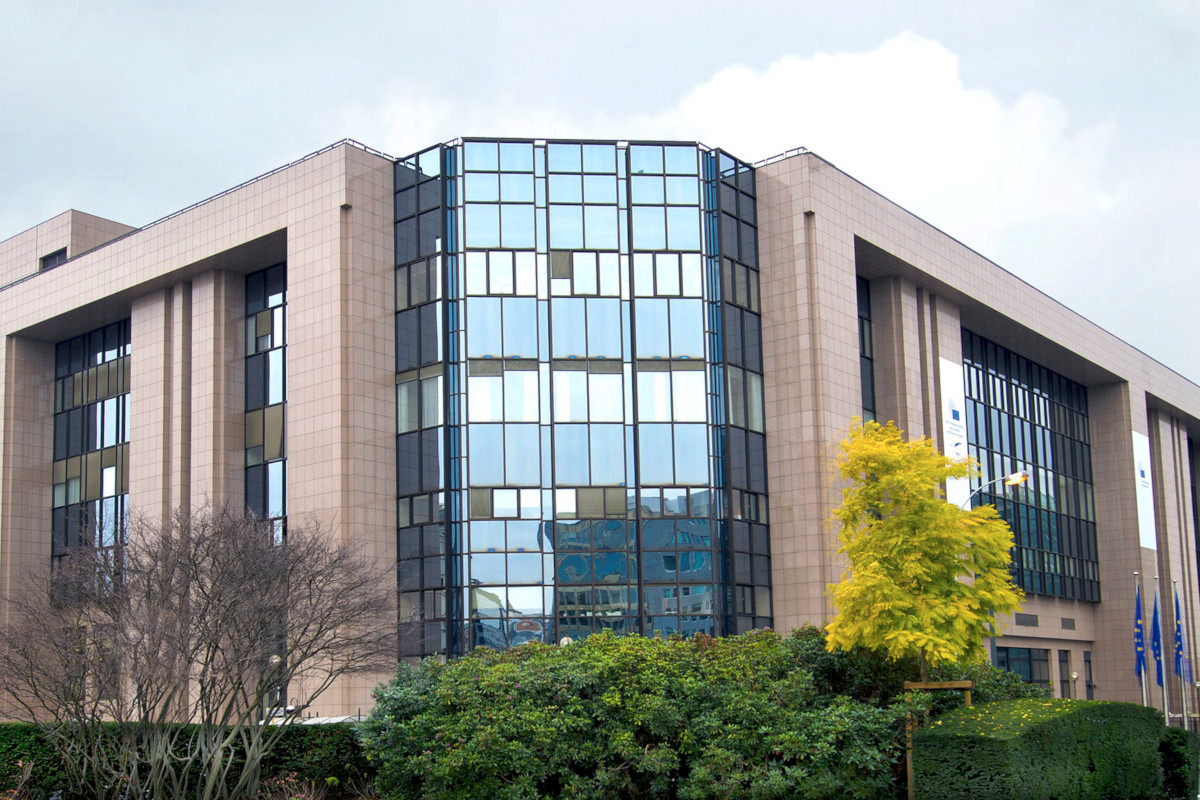
Council of the EU discussing migration and security on the 'Silk Route' and Prague Process action plan
The growth of EU policy-making on the "external dimension of migration" shows no sign of abating. Two recent documents, published here, cover "migration and security challenges on the Silk Route" and a Ministerial Declaration and the 2023-27 Action Plan for the Prague Process.
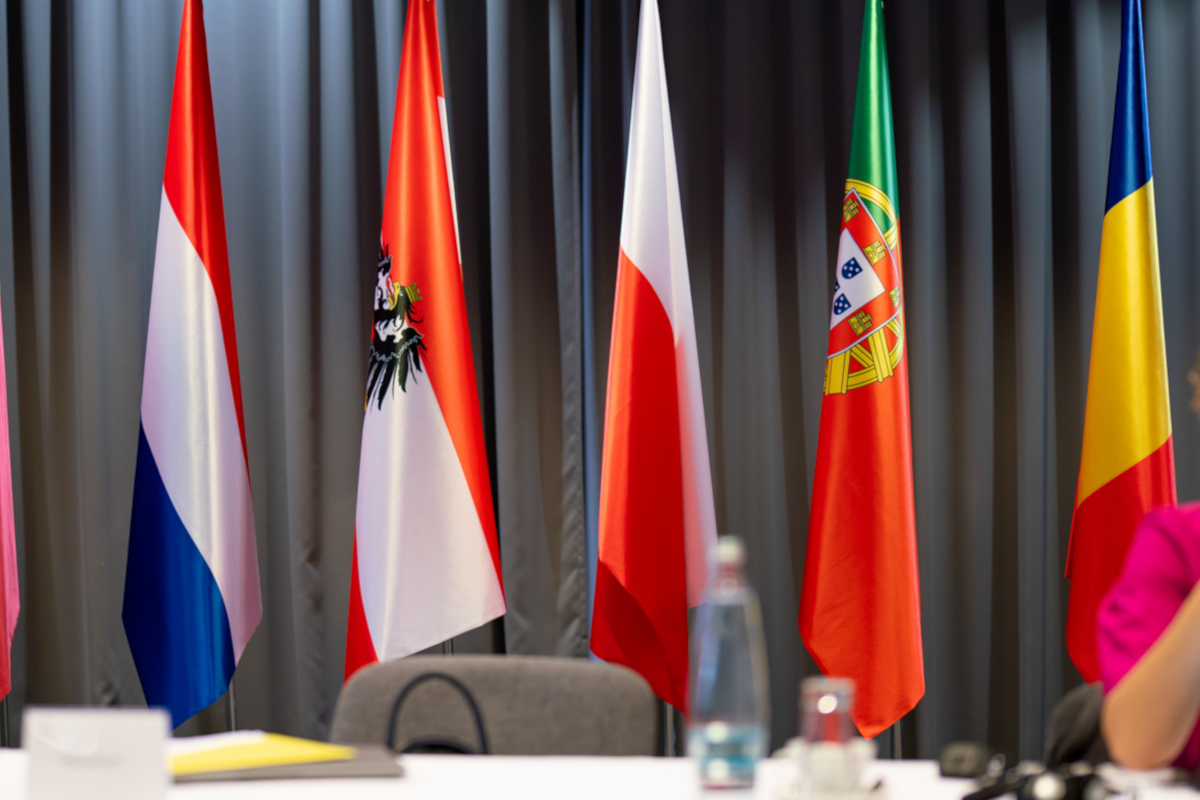
EU: Czech Council Presidency wants "substantial" increase in deportations
The EU should "substantially" increase the number of deportations, the Czech Presidency of the Council has proposed, in a document that sets out four "priority actions in the external dimension" of migration. The Presidency also wants to pressure Serbia to change its visa policy; fight the "instrumentalisation of migration" by non-EU states; and step up the work of information-gathering networks to improve "monitoring of newly emerging trends and the related-early warning activities".

Joint statement: End arbitrary detention and forcible deportation of Eritrean asylum seekers in Egypt
The Egyptian government has been arbitrarily detaining Eritrean asylum-seekers and plans to forcibly remove them to Eritrea. Numerous other rights violations have been documented. A international joint statement organised by Refugee Platform in Egypt and signed by over 30 groups, including Statewatch, condemns the actions of the Egyptian government.
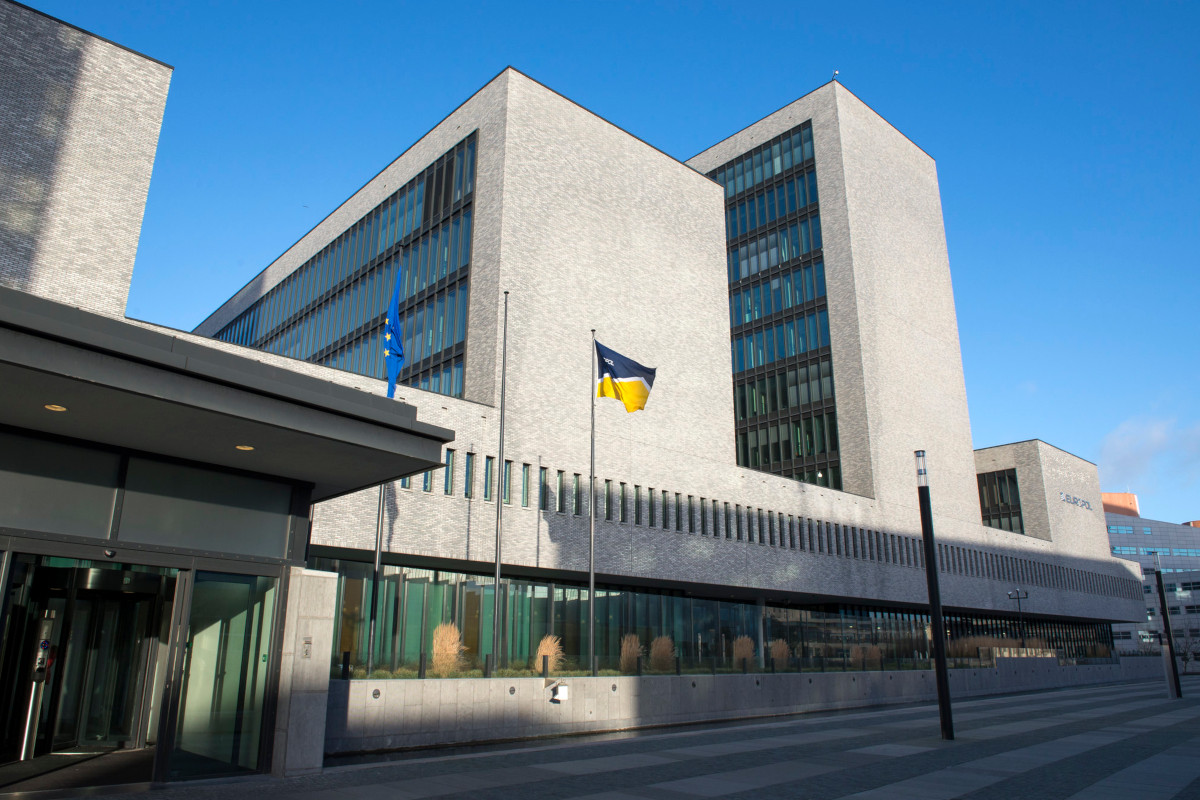
EU: Discussion on encryption ponders "retention of vulnerabilities and exploitation by the authorities"
At a recent event hosted by Europol's Innovation Hub, participants discussed questions relating to encrypted data and the ability of law enforcement authorities to access digital information. One issue raised was a possible "EU Vulnerability Management Policy for Internal Security," which could allow for "temporary retention of vulnerabilities and their exploitation by the relevant authorities." In effect, this would mean identifying weaknesses in software and, rather than informing the software developers of the problem, exploiting it for law enforcement purposes.

Data protection: 80% of national authorities underfunded, EU bodies “unable to fulfil legal duties”
It won’t come as a surprise to anyone familiar with the work of data protection authorities (DPAs): they are chronically underfunded and lack the staff and resources to do their jobs properly. Figures released earlier this month show the scale of the problem for national authorities, and EU authorities have taken the unprecedented step of calling on the European Parliament not to approve the budget proposed for them for 2023 by the European Commission.

EU: AI Act: Council Presidency seeks more secrecy over police use of AI technology
The Czech Presidency of the Council has inserted new provisions into the proposed AI Act that would make it possible to greatly limit the transparency obligations placed on law enforcement authorities using "artificial intelligence" technologies. A new "specific carve-out for sensitive operational data" has been added to a number of articles. If the provisions survive the negotiations, the question then becomes: what exactly counts as "sensitive operational data"? And does the carve-out concern just the data itself, or the algorithms and systems it feeds as well?

EU: AI Act: Council Legal Service says police cooperation legal basis "is not justified"
The Council Legal Service (CLS) is of the opinion that one of the legal bases used in the proposed Artificial Intelligence Act - an EU treaty provision governing police cooperation measures - "is not justified", and the Act can only rely on provisions relating to the internal market and data protection.
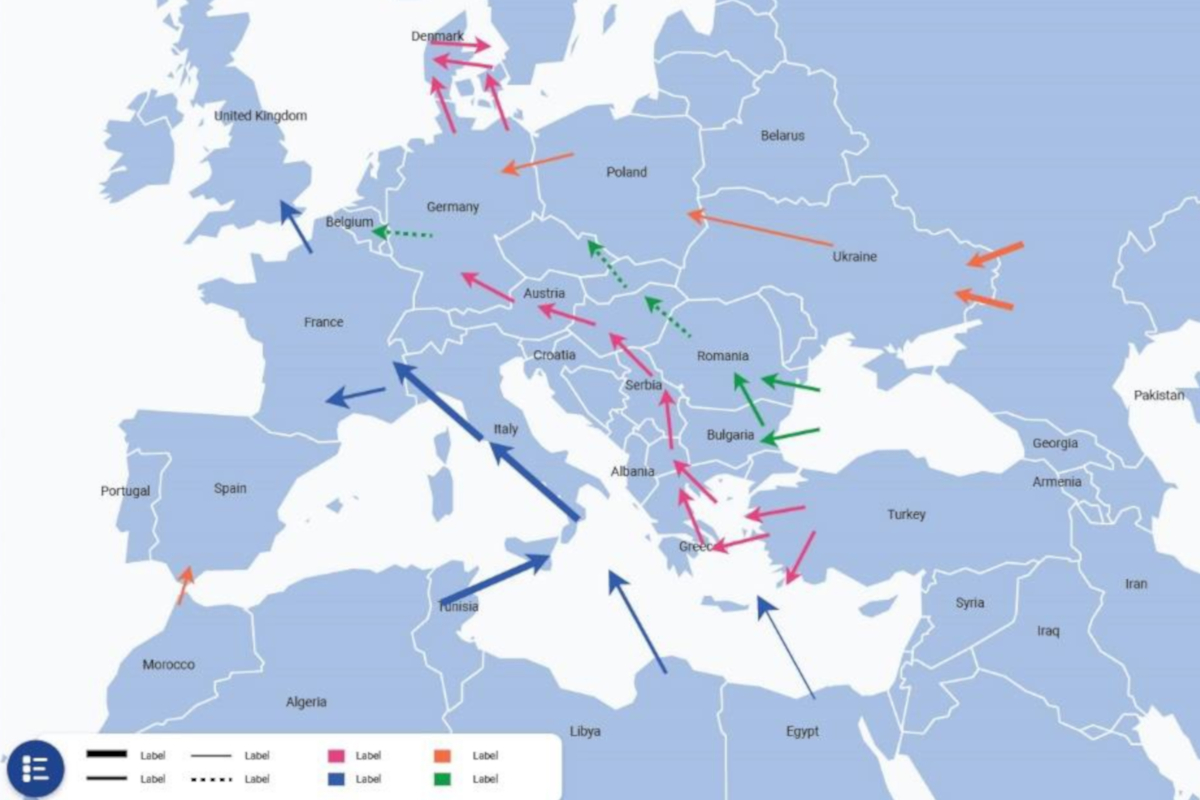
Using AI tools to predict migration flows will lead to human rights abuses and must cease
Along with a group of human rights organisations and academic experts, we have signed an open letter to an EU-funded research project, ITFlows, which is developing a tool to "predict migration flows" and "detect risks of tension related to migration". The letter calls on the consortium to "immediately halt the use of the EUMigraTool and stop pursuing the use of any and all technologies that can be used in securitisating migration, and criminalising movement and solidarity with people on the move."

UK-Greece: Bilateral cooperation against migrant smuggling
Information released by the Home Office and Crown Prosecution Service in response to freedom of information requests gives some indication of the scale and scope of cooperation under the UK-Greece Joint Action Plan on migration and 'Project Invigor', "the UK’s organised immigration crime taskforce set up to target the criminal networks behind people smuggling impacting on the UK."
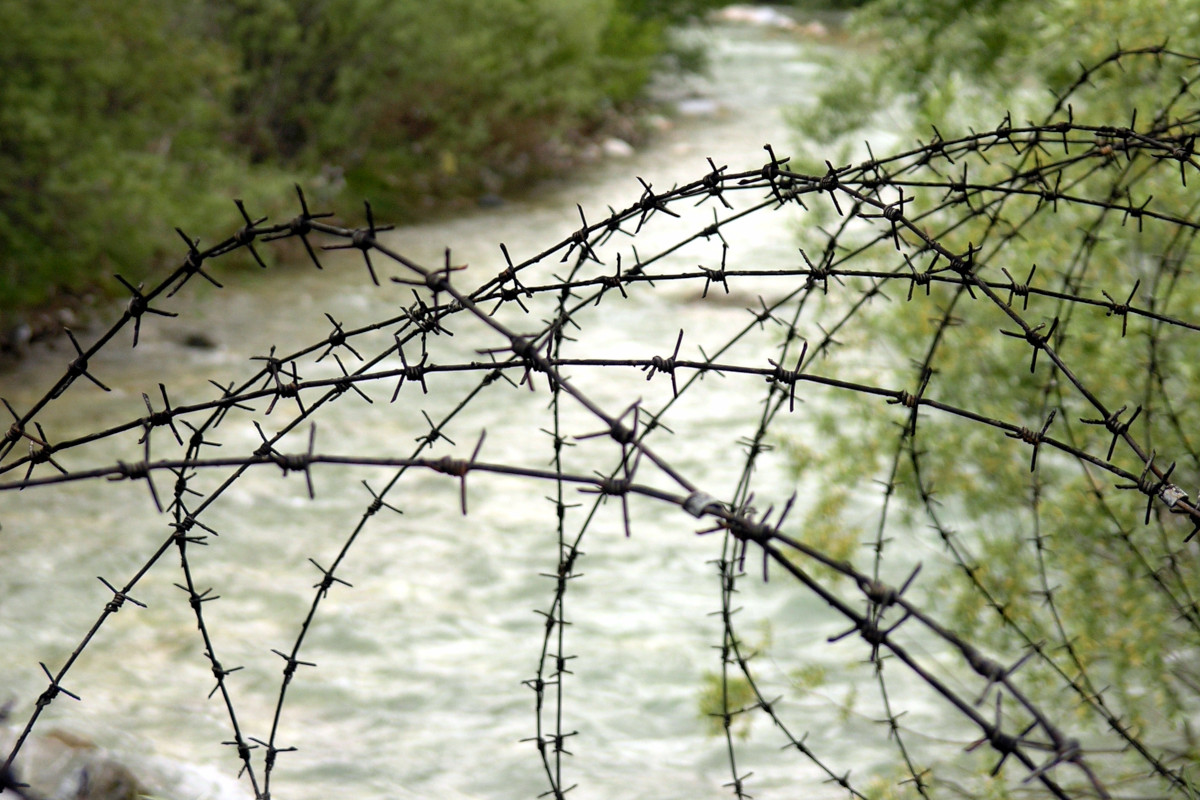
EU: Draft Council conclusions and member state comments on the European integrated border management strategy
Three internal Council documents on the forthcoming multiannual policy cycle on European integrated border management: comments from the member states on the European Commission's policy document published in May, and an initial and amended set of draft Council conclusions on the forthcoming policy cycle.

EU: Travel surveillance: member states seek to circumvent court judgment on PNR
In June this year the the Court of Justice ruled that the rules governing the EU's system for travel surveillance and passenger profiling, set out in the Passenger Name Record (PNR) Directive, must be "interpreted restrictively" to conform with fundamental rights standards. The ruling requires substantial changes to member state practices - but the Council, in time-honoured fashion, is looking at how to circumvent it, and to ensure the greatest possible freedom of manouevre for law enforcement authorities.
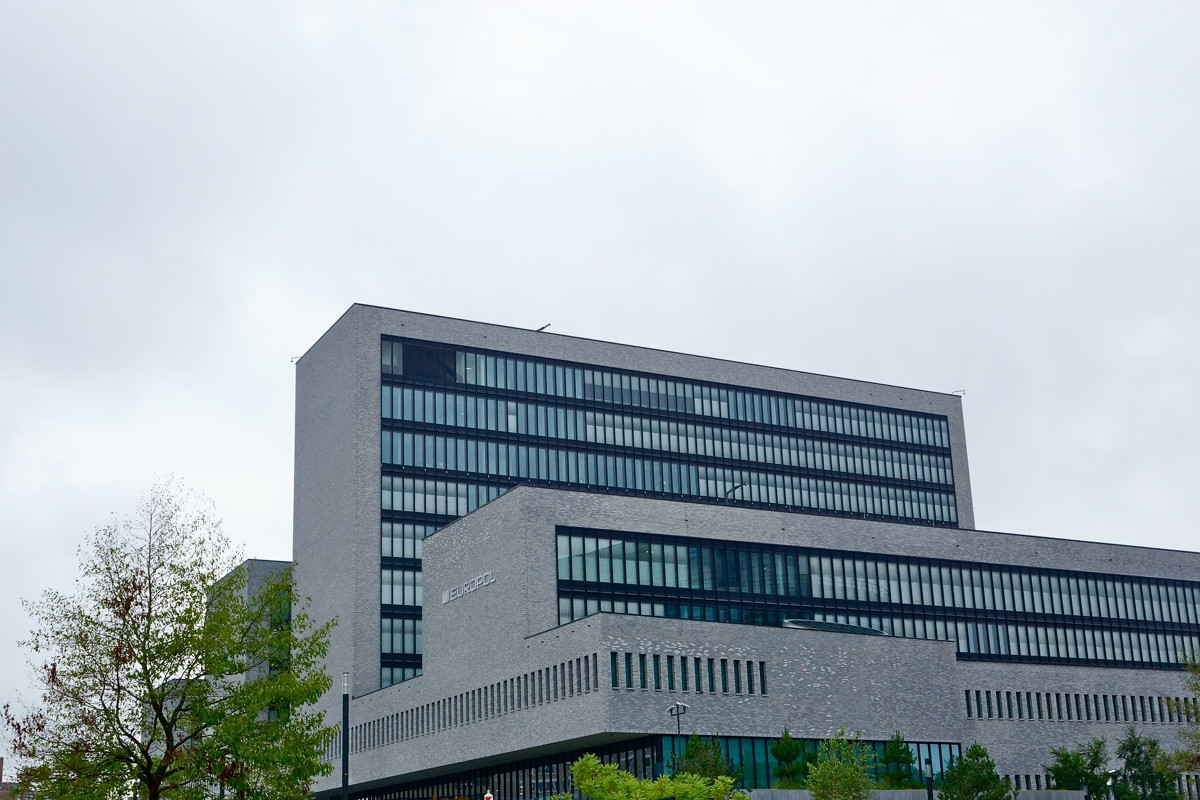
Europol told to hand over personal data to Dutch activist labelled "terrorist" by Dutch police
Europol has been admonished by the European Data Protection Supervisor for the second time this year, for failing to comply with a request from a Dutch political activist to access the data held on him by the policing agency. The European Data Protection Supervisor's investigation found a series of failings by the agency to comply with the law, at a time when its powers to gather and process data have been vastly increased by a recent legal reform.

Spain: New artificial intelligence agency must put "human rights and social justice at the centre"
An open letter signed by 60 organisations from Spain and beyond, including Statewatch, calls on the Spanish government to ensure that civil society groups and independent experts have a say in designing the recently-proposed Spanish Agency for the Supervision of Artificial Intelligence (AESIA). The letter calls for "a clear and a clear and defined civil society participation strategy in the processes and policy development related to Artificial Intelligence," in order to put "human rights and social justice at the centre."
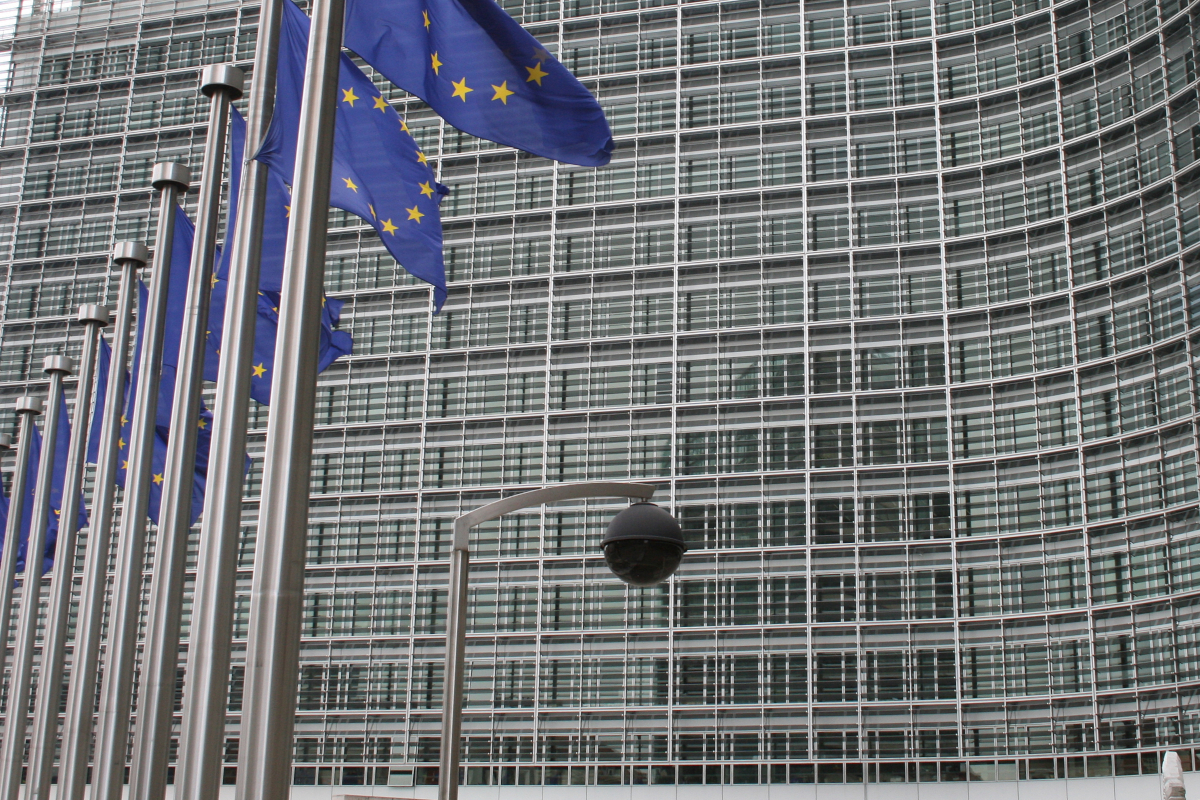
EU to provide €80 million to Egyptian coast guard
The European Commission has confirmed that €23 million will be allocated in 2022 and €57 million in 2023 to provide equipment and services to Egyptian authorities for "search and rescue and border surveillance at land and sea borders".

€72 million for EU security and immigration mission in Niger
The Council of the EU is set to authorise a fresh budget of €72 million for the EU's security and immigration mission in Niger, which is tasked with aiding "Nigerien security actors in the fight against terrorism and organised crime" and the development of "policies, techniques and procedures to effectively control and fight immigration."
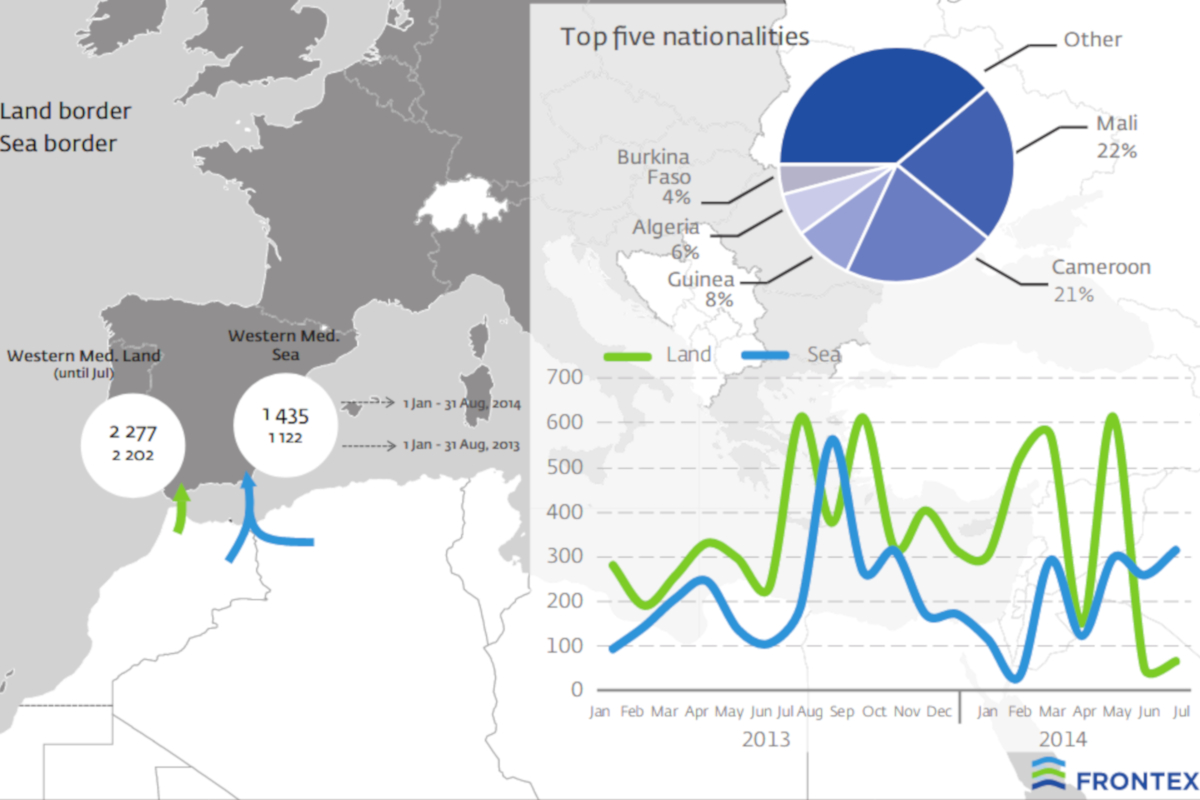
Africa-Frontex Intelligence Community: participating agencies named
The state agencies participating in the Africa-Frontex Intelligence Community (AFIC) have been named in a response to a European parliamentary question. Thirty African states are currently participating in the AFIC. The response also says that "Risk Analysis Cells", of which eight have been set up in African states with the assistance of Frontex, are "the backbone" of the AFIC.

External migration control efforts spawn sub-groups and action plans
Various sub-groups and action plans have emerged from the various 'migration dialogues' that have been set up over the last decade, such as the Khartoum Process, the Rabat Process and the Budapest Process. This includes cooperation on operational action. The 'dialogues' bring together EU member states along with other European, African, Central Asian and other states. A recent set of presentations given to a Council of the EU working group make no mention of democratic scrutiny or legitimacy.

EU: “If you build it, the law will come”: bypassing democracy to boost police powers
The European Commission is preparing to award a new round of funding to build a system for cross-border searches of “police records”. A legal proposal currently under negotiation would require the establishment of a European Police Records Index System (EPRIS) involving every member and Schengen state and, later on, potentially the UK. The current funding is part of a long-standing attempt to lay the technical foundations for the system before the law is in place, as has happened with previous EU surveillance schemes.
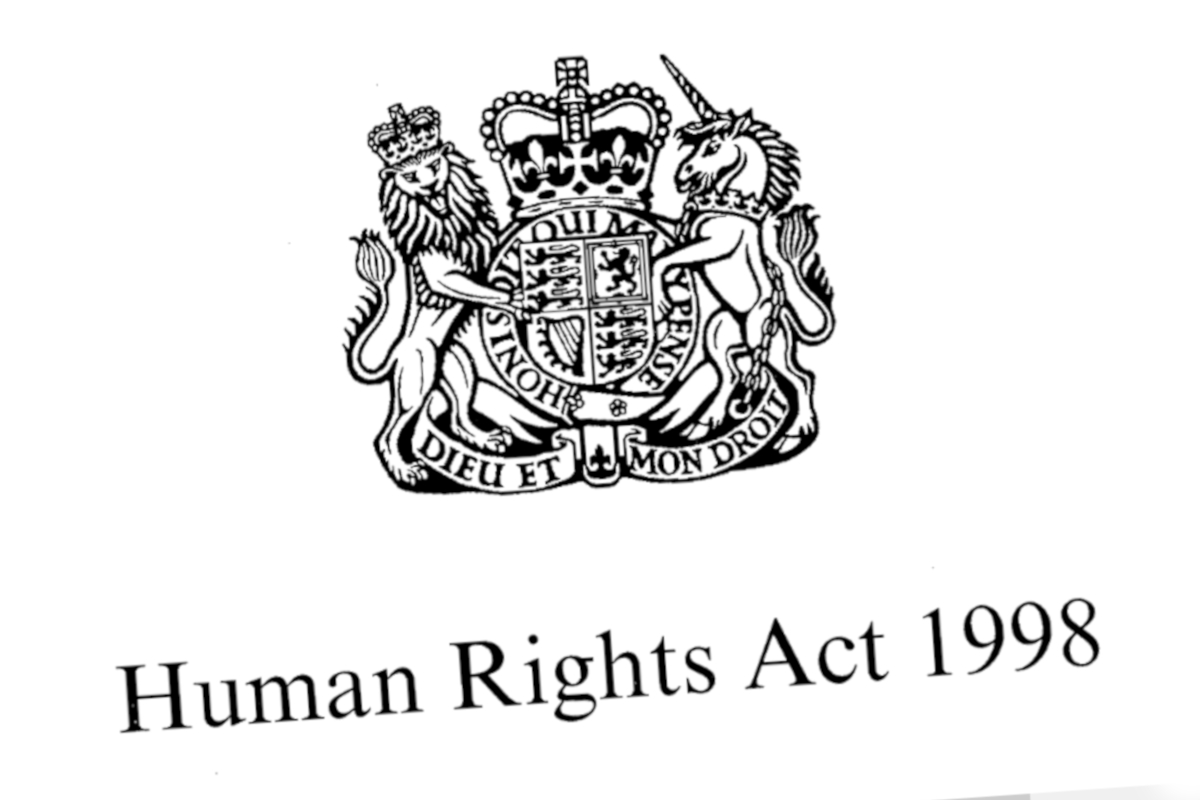
UK: Unprecedented coalition calls on MPs to vote against the Rights Removal Bill
Statewatch, along with 122 other human rights, civil society and community organisations, is calling on MPs to vote against the proposed 'Bill of Rights', introduced to replace the Human Rights Act and water down or replace the protections afforded to individuals by the Act. The 'Bill of Rights', more widely-known as the Rights Removal Bill, "is unnecessary, unevidenced, unworkable, and unwanted – and it is individuals who will bear the brunt of its harmful effects," says a new joint briefing, a copy of which has been sent to every MP.

European police facial recognition system must be halted, warns new paper
A new position paper published today by the European Digital Rights (EDRi) network calls for MEPs to oppose plans to create an EU-wide police facial recognition system that may, in the future, also include the UK. The plans are part of the 'Prüm II' proposals that instrumentalise one of the fundamental principles of the EU – the free movement of people between states – to legitimise the need for even more policing.
Spotted an error? If you've spotted a problem with this page, just click once to let us know.